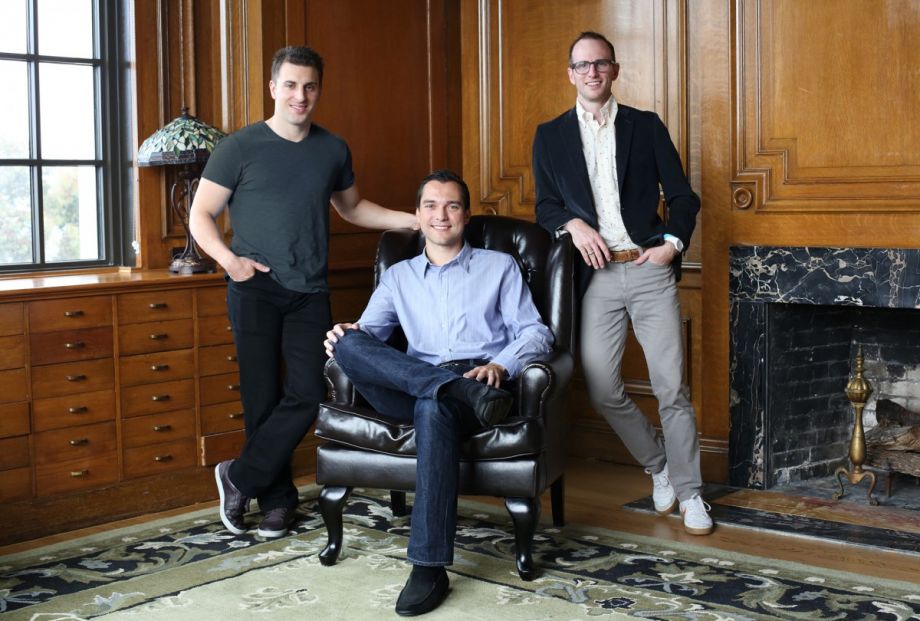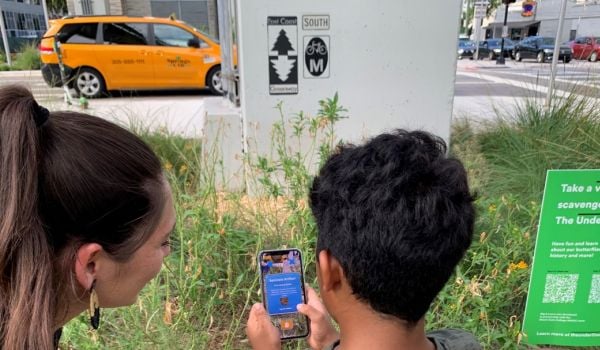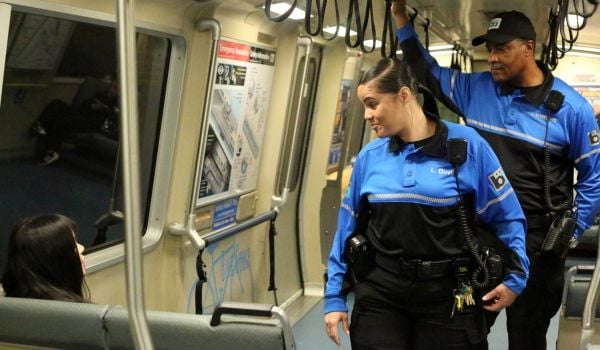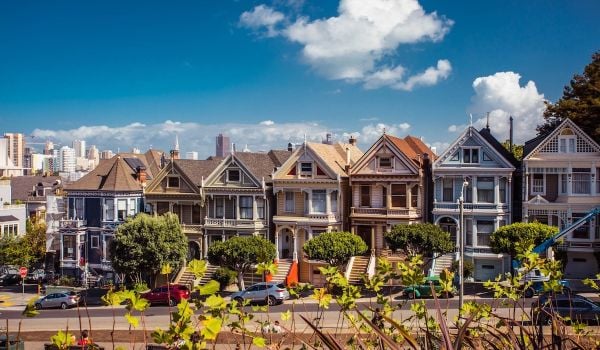One reason why critics argue that the tech sector is bad at urbanism is the way it seems to pay top-dollar for some of San Francisco’s most desirable places, only to seal them off from the public.
But here’s a new development on that front: Airbnb has announced that its “New Year’s resolution is to be better neighbors and hosts.” As such, in 2014 the company will open its new, attractive SoMa offices to the public. (Take a peek inside the offices.) From a blog post on the Airbnb website:
- Local residents and organizations will be able to use our office space for free during evenings and weekends by booking this classroom for community meetings and events
- We will expand our mentorship efforts and invite local students to learn from our employees and experts who teach classes in our office on a regular basis through Tech Talks, Design Talks and Skill Exchange programming.
- Together with SPUR, we will co-host a monthly public forum on the impacts of technology and innovation in San Francisco.
- Our growing library of books on urbanism, design, hospitality, sustainability, and computer engineering will be curated by former Editor in Chief of Dwell Magazine and New York Times columnist Allison Arieff, and will be accessible to the public on a weekly basis during Airbnb Library Open Hours.
If it’s a sign that Airbnb hears the grumbling out there, it’s not overly surprising. The author of the blog post and Airbnb’s public policy lead, Molly Turner, has written for Next City about the opportunities for technologists to also engage with the world as urbanists.
But as much as this is just one post from one company on a modest set of commitments, it comes at an interesting moment in the U.S.
There’s a strain of thinking afoot, embodied in the Tea Party, that pushes for restricting government to the barest of services. This has played out most recently in the idea that the Affordable Care Act (aka Obamacare) is doomed because government cannot pull off something that complex. At the same time, there’s a clamor for the private sector to get involved in the sort of activities we once limited to government. To pick one example, there’s Brooklyn’s P-TECH high school, recently celebrated by President Obama, where the three controlling partners in the project are the public school system, a public college and IBM.
Back at the street level, though, what’s also interesting is the idea that a company like Airbnb would reasonably function as a quasi-public space. Not for nothing is one of the core components of this resolution that most cherished of shared spaces, the library.
That said, there’s a certain logic to Airbnb opening up its offices and not, say, Apple. We might, in 2013, expect Apple’s Tim Cook to come out on civil rights. But we don’t expect Apple to throw open the doors to its new Cupertino campus and invite us in.
Airbnb, though, has set itself up as not just another tech company with executives and offices that it pays for, but also a “community” of users who rent rooms through its platform. This has annoyed some, who view it as the appropriation of social language without the bother of social responsibility. And it has legal implications, like how the company is trying to distance itself from the user records that New York State’s attorney general is hot after. But it also means that we have raised expectations — that a company like Airbnb should participate as a real-life member of the community it has claimed.
It matters, then, that community-type tech companies are exactly the sort of firms choosing to locate in San Francisco. As the civic planning group SPUR recently noted, “many Bay Area firms, especially in social media, are locating in cities like San Francisco and Oakland rather than in suburban campuses on the peninsula or in the South Bay.” The same goes for New York City. Cities seem to attract tech companies that depend on network density for their success.
Airbnb is, then, signaling that it sees your expectations and is willing to meet them. Or, at least, let you borrow its books.

Nancy Scola is a Washington, DC-based journalist whose work tends to focus on the intersections of technology, politics, and public policy. Shortly after returning from Havana she started as a tech reporter at POLITICO.
















